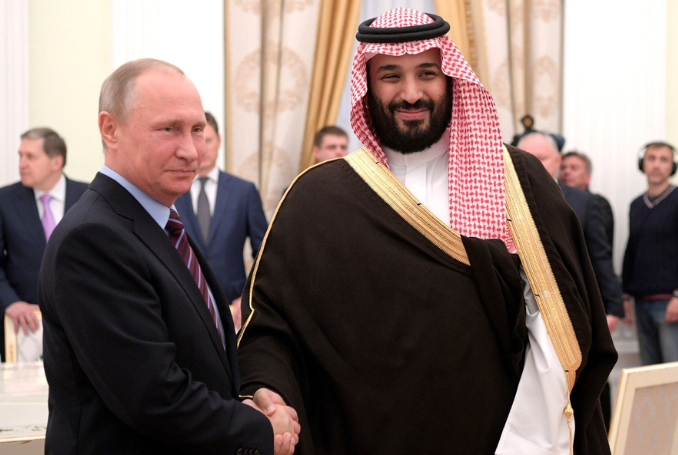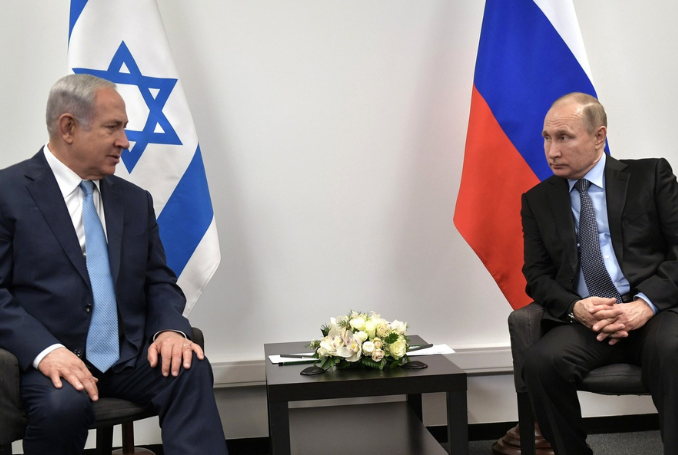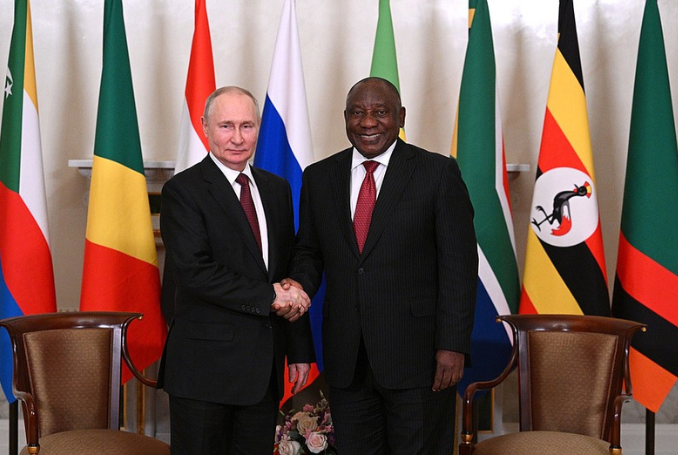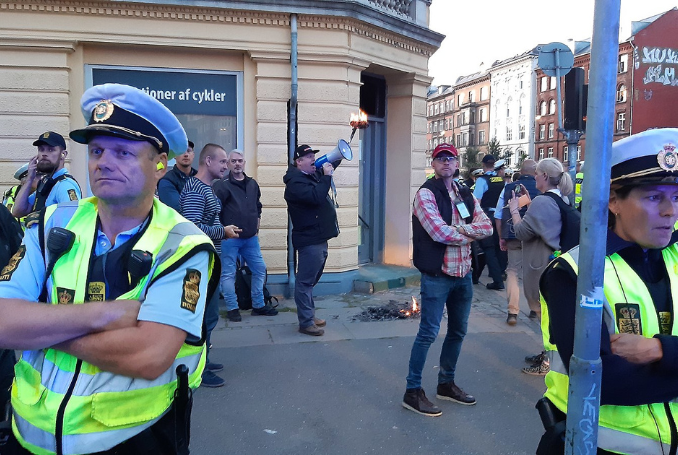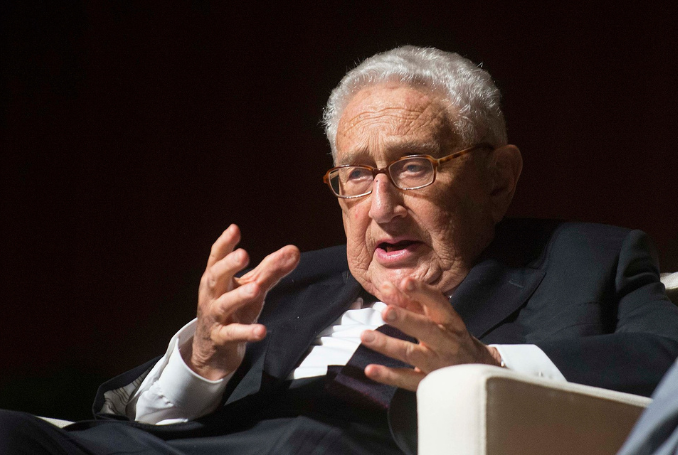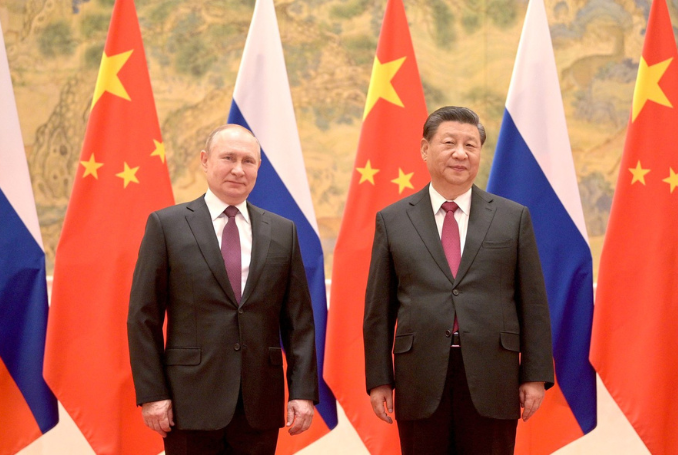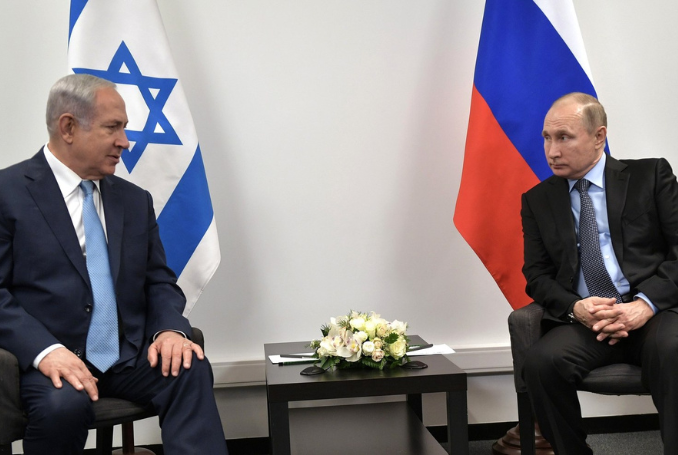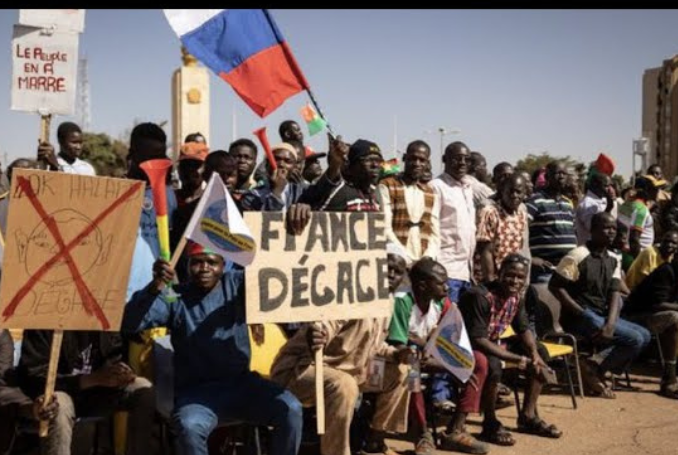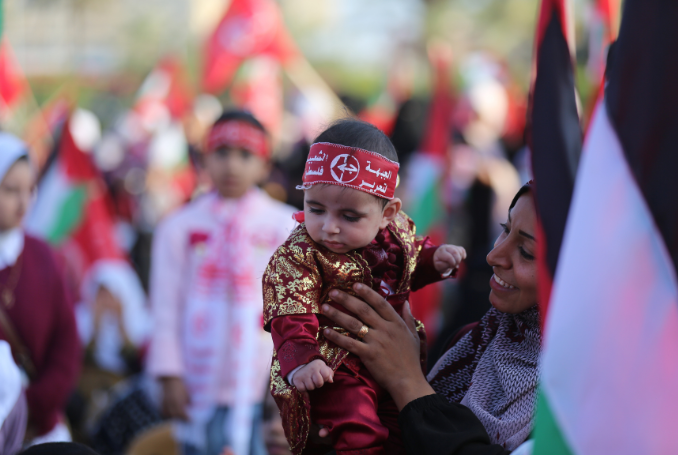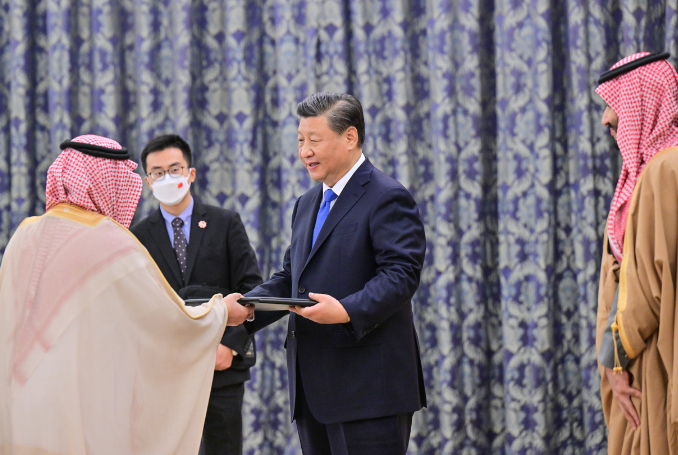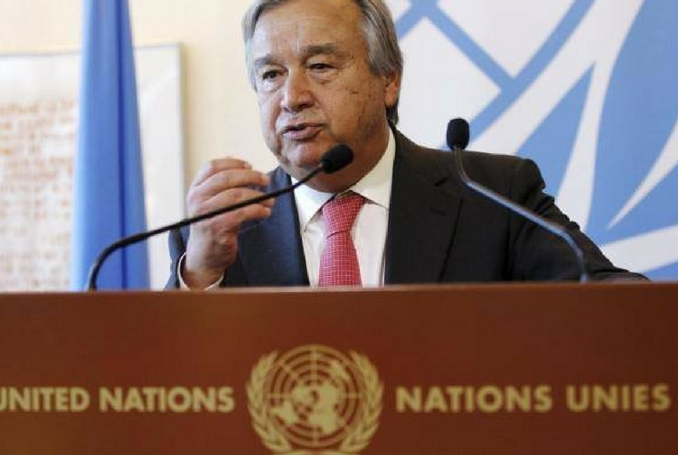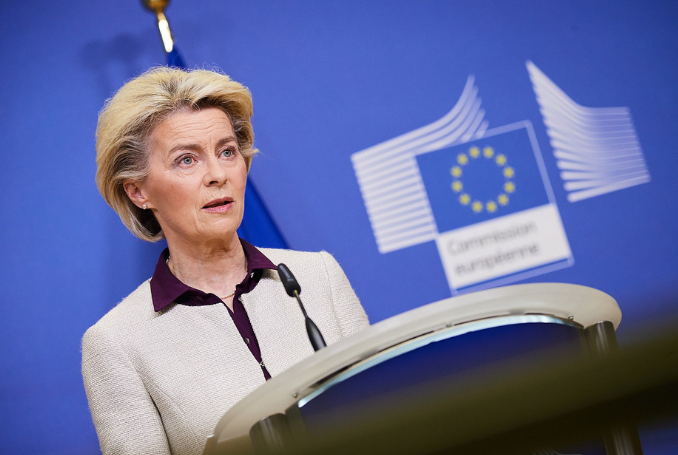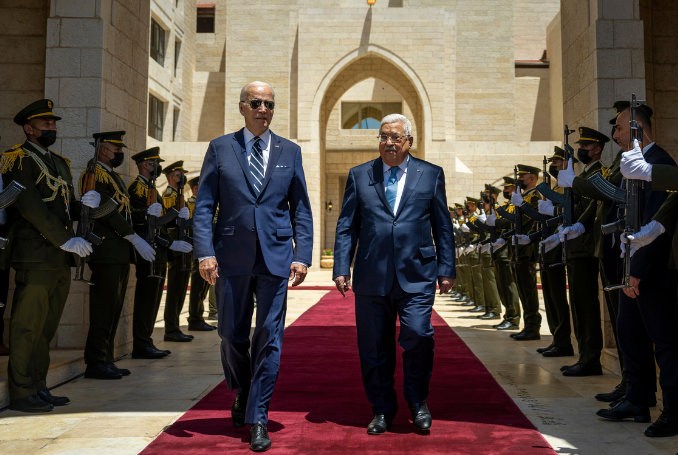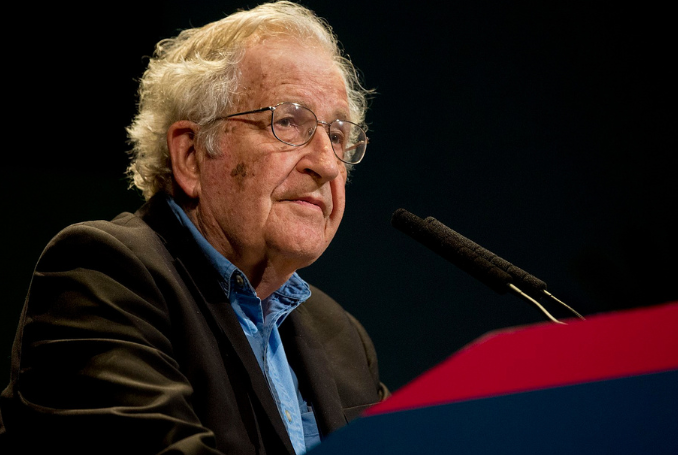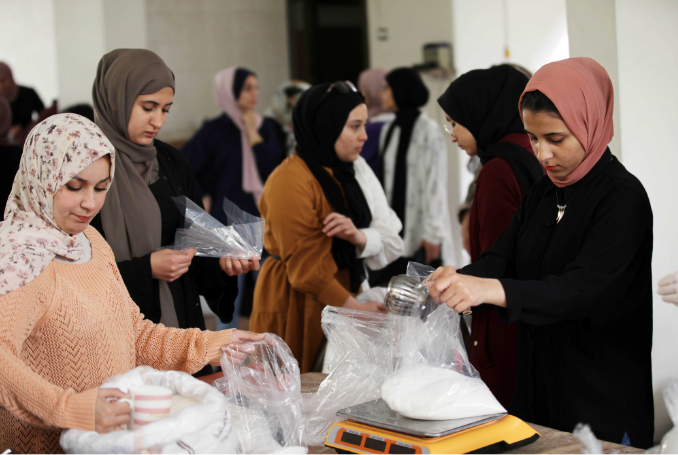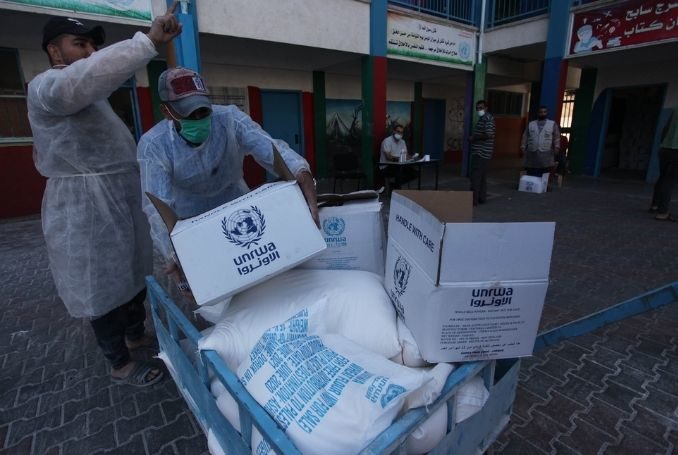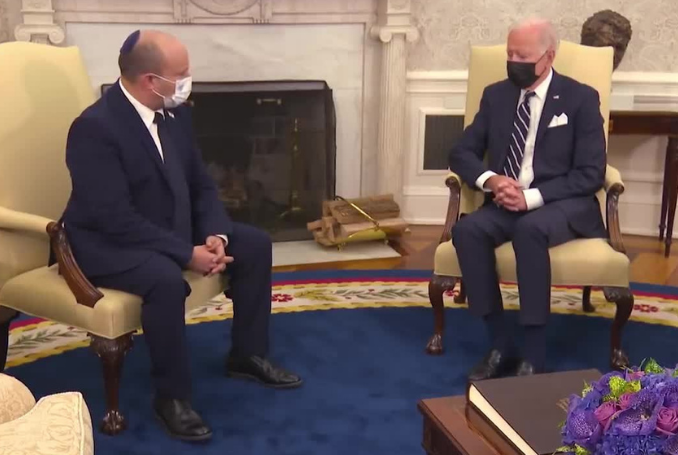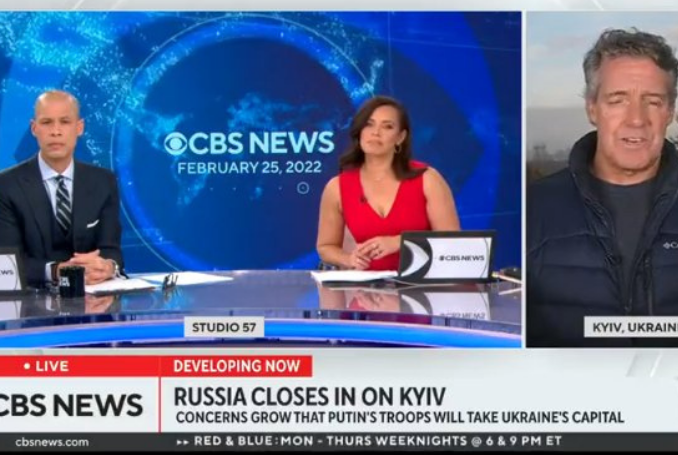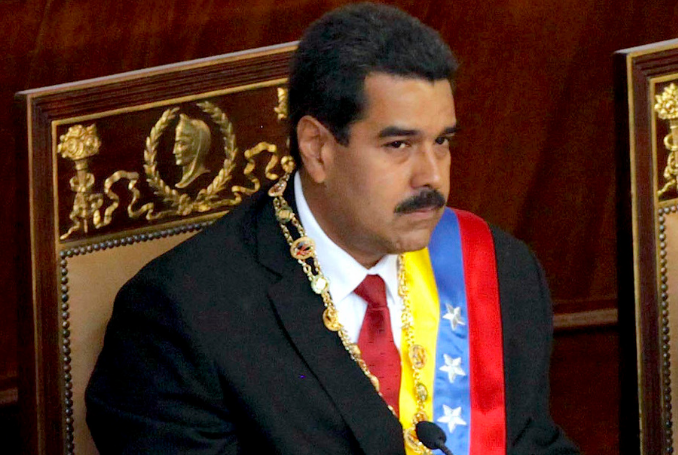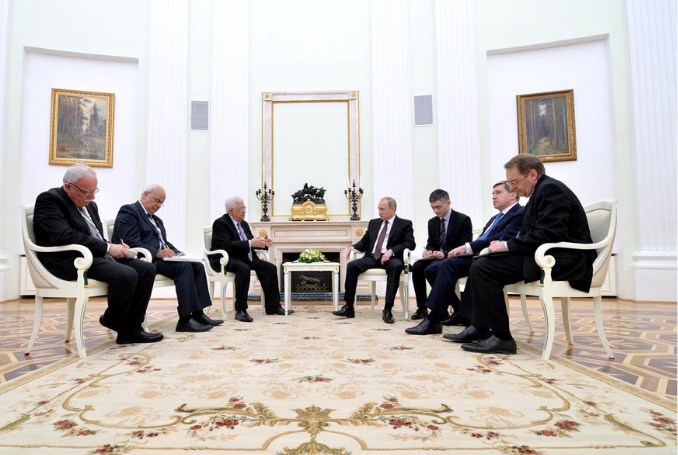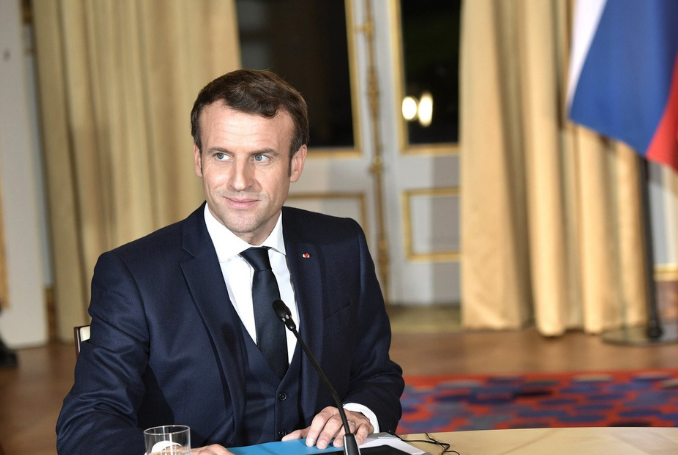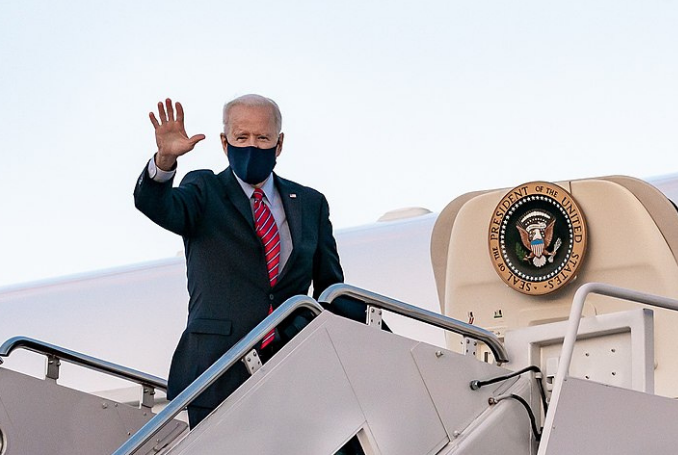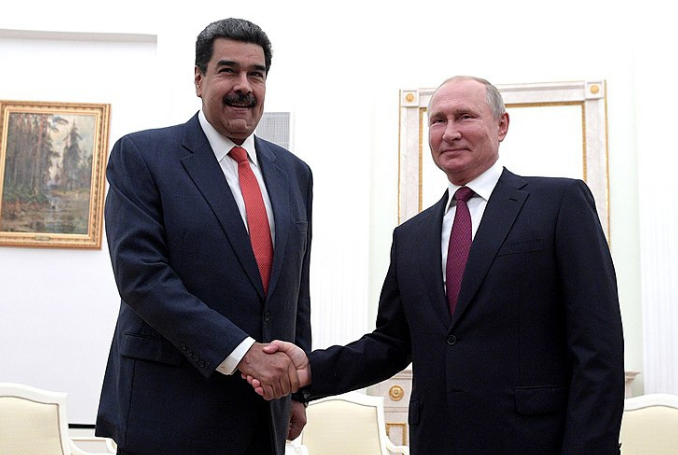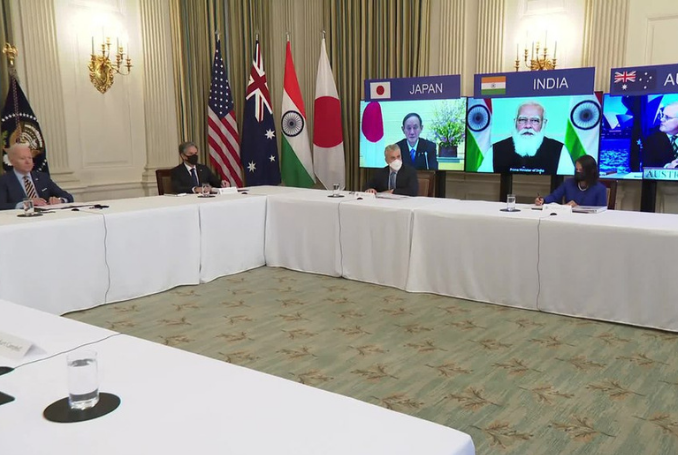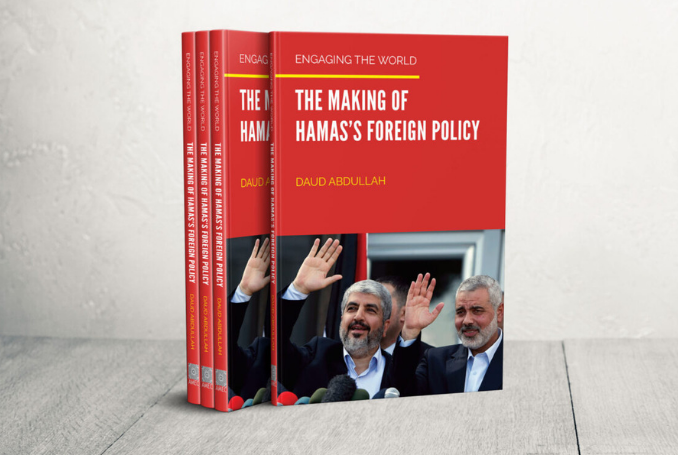- June 4, 2025
Moscow and Gaza: Is Russia Ready for a Major Shift in its Middle East Policy?
Time will tell whether Russia will be able to stake a claim and help define a new Middle East in the post-Gaza war.
Friend or Foe? Russia’s West Jerusalem Consulate is Very Worrying
Unlike the previous two prime ministers, Bennett and Lapid, Netanyahu was keen on maintaining a degree of neutrality in the Russia-Ukraine war and the resulting global conflict.
From ICC to ‘Sportswashing’: West’s Self-Serving Narratives Must Be Combated
Now that we are on the cusp of a new world order, we must confront this hypocrisy with the clearest language – and action – possible.
Burning of the Quran and the Counter-offensive: Why the West is Panicking
Why is the right to insult Muslims so cherished, so sacred in the view of Western governments and laws? And why burn the Quran now?
Prophets of Doom: Kissinger and the ‘Intellectual’ Decline of the West
The problem, of course, is not Kissinger himself. The crisis is twofold: The West is unwilling to accept that war, for once, will not solve its problems.
Xi’s ‘Chilling’ Remarks: A Multipolar World Offers Challenges and Opportunities to the Middle East and Africa
While it is too early to determine, with any degree of certainty, the winners and losers of this new configuration, it is most certain that a US-western-dominated world is no longer possible.
Active ‘Neutrality’: Why Is Israel Struggling to Maintain a Coherent Position in Russia, Ukraine?
The future will further reveal Tel Aviv’s role in the Russian-Ukraine war. However, what is quite clear for now is that Israel is no longer a neutral party, even if Tel Aviv continues to repeat such claims.
The Other Russia-West War: Why Some African Countries are Abandoning Paris, Joining Moscow
France’s military and foreign policy shift in Africa, however, was not compelled by strategy or vision, but by changing realities over which France has little control.
Culture of Hope: 2022 and the Margins of Victory in Palestine
2022 was another year of tragedy and hope for the Palestinians. It is this hope, buoyed by numerous little victories, that makes the struggle for Palestinian freedom possible.
Xi’s Visit and the Future of the Middle East: China-Arab Ties are Permanent
It would be unfair – in fact, misguided – to suggest that large political entities like China and Arab countries combined are shaping their foreign policy agendas, thus staking their futures, on knee-jerk political reactions to the attitude of a single American President or administration.
‘Well of Solutions’ or Problems: Why Reforming the UN is Critical
However, for a reformed UN to serve a noble mission and to live up to its lofty promises, the new power distribution should allocate places for all, regardless of military power or economic might.
The Road to Fascism: How the War in Ukraine is Changing Europe
While politicians are often ready to exploit any event to rise or remain in power, Europe must tread carefully by reflecting on its past, namely the fact that extreme nationalism and populism are likely to lead to something truly sinister and potentially destructive.
Washington is the Problem, Not the Solution: Why Mahmoud Abbas is Seeking New ‘Powerful’ Sponsors
What Palestinians need is not a new ‘powerful’ sponsor of the ‘peace process’ but a grassroots-based struggle for freedom and liberation starting at home.
‘Rationality is Not Permitted’: Chomsky on Russia, Ukraine and the Price of Media Censorship
While an alternative understanding of the devastating war in Ukraine is disallowed, the West continues to offer no serious answers or achievable goals, leaving Ukraine devastated and the root causes of the problem in place.
Cost of the Ukraine War Felt in Africa, Global South
While it is important that we acknowledge the vast changes to the world’s geopolitical map, let us not forget that millions of people are going hungry, paying the price for a global conflict of which they are not part.
For Palestinians, Food Insecurity is Now an Existential Threat
A serious conversation involving Palestinians, Arab countries, the United Nations Food and Agriculture Organization and other parties must take place to discuss and resolve Palestine’s food insecurity.
From Korea to Libya: On the Future of Ukraine and NATO’s Neverending Wars
Though military invasions must be wholly rejected, whether in Iraq or Ukraine, turning Ukraine into another convenient zone of perpetual geopolitical struggle between NATO and Russia is not the answer.
Can Israel Exist without America: Numbers Speaks of a Changing Reality
The fight against Israeli occupation and apartheid can no longer be disproportionately focused on breaking up the ‘special relationship’ that united Tel Aviv and Washington for over 50 years.
Is Europe Really More Civilized? Ukraine Conflict a Platform for Racism and Rewriting History
Before bragging about the virtues of Europe, and the demeaning of everyone else, the likes of Arestovych, D’Agata, and Petkov should take a look at themselves in the mirror and reconsider their unsubstantiated ethnocentric view of the world and of history.
New Great Game: Can Venezuela Negotiate an End to US Deadly Sanctions?
Though some in Washington are willing to reconsider their long-standing policy against the socialist bloc of South America, the US mission is rife with obstacles.
‘Hypocrisy Does Not Begin to Describe It’: Baroud on the Ukraine Crisis and the Changing Global Order (VIDEO)
Mark Seddon discusses with Ramzy Baroud the unfolding crisis in Ukraine through the eyes of the Palestinian people.
Weathering the Global Storm: Why Neutrality is Not an Option for Palestinians
Common sense dictates that Palestinians must develop a unified front to cope with the massive changes underway in the world, changes that will eventually yield a whole new geopolitical reality.
French Withdrawal from Mali Will Redraw the Political Map of West Africa
The truth is that an earth-shattering development is underway in Mali and the whole of West Africa, ushering in, as argued in the NY Times, the ‘closing chapters of ‘la Françafrique’,’ the centuries-long French dominance over its ‘sphere of influence’ in the resource-rich Africa.
Biden’s Real Challenge is Not Russia or China, but Poverty in America
They continue to speak of a ‘China threat’ and an ‘imminent’ Russian invasion of Ukraine and such, while the real threat is that of detached politicians who are amassing wealth, fighting for power and prestige while their countrymen and women continue to go hungry.
Cuba, Venezuela and Nicaragua: The US-Russia Conflict Enters a New Phase
As the plot thickens in Eastern Europe, Russia’s move in South America promises to add a new component that would make a win-lose scenario in favor of the US and NATO nearly impossible.
The Myth of Apolitical China: Why the West Refuses to Accept China’s Superpower Status
Not only is China very much a political actor but one would contend that presently, it is the most important political actor in the world.
The World ‘Hanging by a Thread’: Stories to Follow in 2022
2022 can be a year of hope and promise. But that is only possible if we play our role as active citizens to bring about the coveted change that we would like to see in the world.
From the Earth to the Moon: Biden’s China Policy Doomed from the Start
Certainly, the US-led ‘Quad’ meeting was neither historic nor a game-changer, as all indicators attest that China’s global leadership will continue unhindered, a consequential event that is already reordering the world’s geopolitical paradigms which have been in place for over a century.
The Ongoing Calamity: US Collective Punishment of the Venezuelan People Must End
Washington’s futile sanctions-based approach to Venezuela has proved not only immensely harmful to the welfare of the Venezuelan people but also to Washington’s own regional interests. Washington’s obstinacy allowed its global rivals, Russia and China, to unprecedentedly cement their economic and strategic interests in that country.
Engaging the World: The Making of Hamas’s Foreign Policy
Abdullah’s volume on Hamas is a must-read, as it offers a unique take on Hamas, liberating the discussion on the Movement from the confines of the reductionist Western media’s perception of Hamas as terrorist – and of the counterclaims, as well. In this book, Hamas is viewed as a political actor, whose armed resistance is only a component in a complex and far-reaching strategy.


